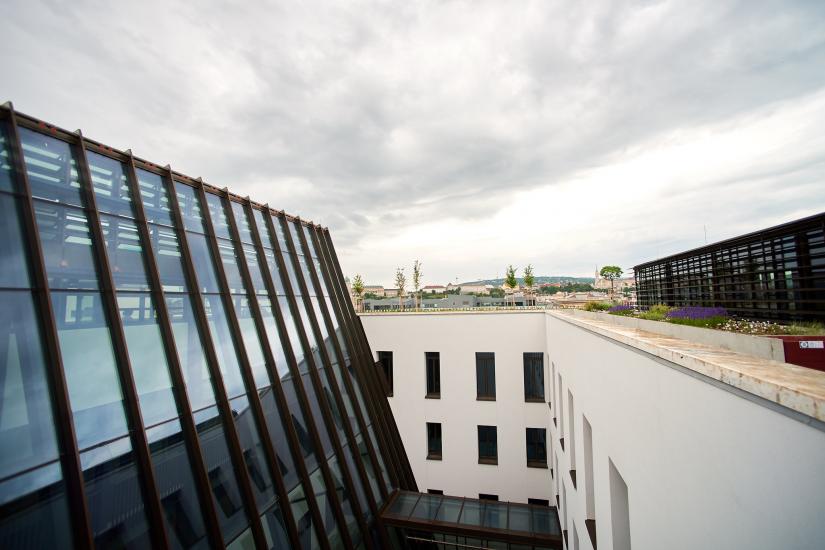
Please note that this is an online event.
You can follow it via livestream:
https://primetime.bluejeans.com/a2m/live-event/tsyuwghh
This is to cordially invite you to the doctoral defense of
Milán Janosov
(Doctor of Philosophy in Network Science)
Quantifying the Evolution of Success with Network and Data Science Tools
Dissertation Committee:
Márton Karsai (DNDS, chairperson, voting member)
Federico Battiston (DNDS, supervisor, non-voting member)
Roberta Sinatra (ITU Copenhagen, external supervisor, non-voting member)
Luca Pappalardo (ISTI, National Research Council (CNR), Italy, reviewer, voting member)
Balázs Lengyel (Hungarian Academy of Sciences, reviewer, voting member)
Date and time: Monday, April 20, 2020, 9:30 am
Venue: Online, via Bluejeans
ABSTRACT / In this thesis, I quantify several aspects of success, defined as the collective response to individual performance in five different domains: science, film, music, literature, and urban spaces. The general goal of my work is to provide new insights into the evolution of success in these five domains. To achieve that, I particularly focus on the role of networking behavior and the effect of the social fabric of the studied fields on the emergence of success.
Each chapter tackles different questions related to the temporal unfolding and the determinants of success in different social domains. First, I build on a previous modeling approach to describe the evolution of scientific careers and capture the role of randomness in science, music, literature, and film. In addition, I extend the discussion on the role of randomness to networking by analyzing the co-evolution of success and collaboration networks. Second, I zoom in to the field of electronic music. After uncovering the rise and fall of different DJ communities, I test a definition of mentorship and show the controversial effects mentoring has on the mentees’ prospected success. Third, I analyze the time evolution of the popularity of urban venues and reveal that their success trajectories follow several substantially different shapes over time. Moreover, I present machine-learning-based modeling efforts on understanding what are the most influential urban features predicting what direction a venue’s success will take. Finally, I outline the main contributions of my thesis work and discuss several possible real-world applications.